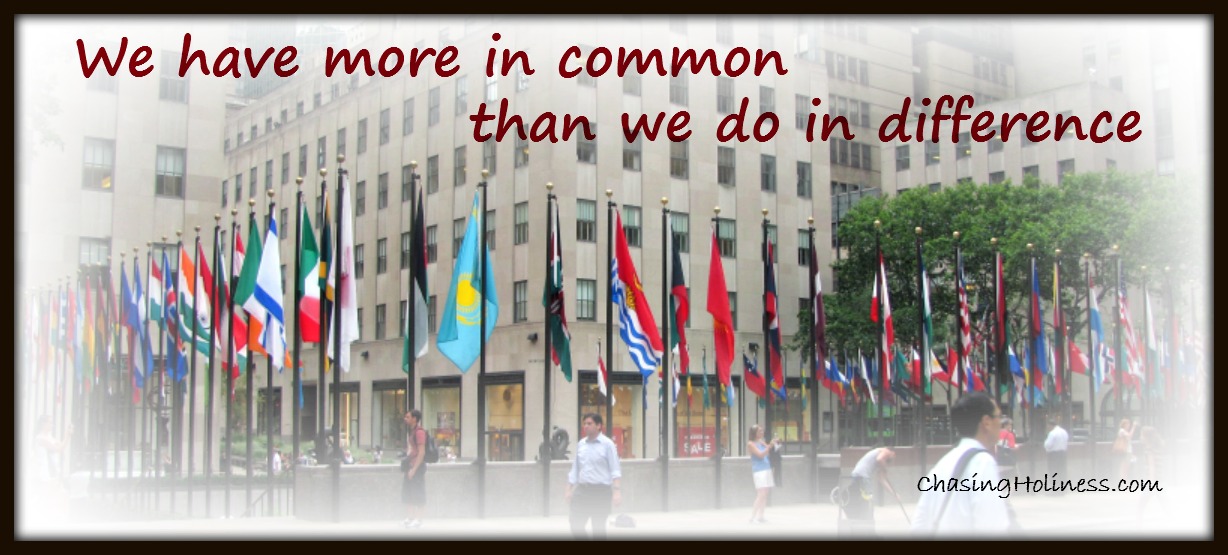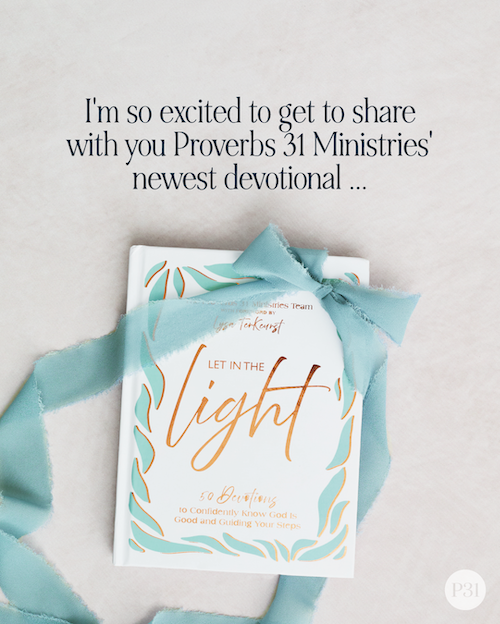That memo—the one that made sense out of nonsense—I was out of the office that day. I’m still at a loss. I’m certain I’m not alone when I say that one thing my spirit is wholly unable to absorb is the nonsense of racism. No part of my being is volunteering to comprehend the what-in-the-world’ness of it. The notion that skin color somehow determines worth is purely senseless. Without sense. Purely.
 While exercising this week, I tuned into a national talk show that happened to be debating the topic of racism. As I listened to an old-enough-to-know-better “gentleman” who was bent on a belief system that is beyond reason, my spirit gasped. Racism is as old as time, but it boggles my heart how such an illogical mindset can linger in an age when we have so much access to understanding. Yet, linger it does. Sometimes overtly. Sometimes subtly. Always foolishly.
While exercising this week, I tuned into a national talk show that happened to be debating the topic of racism. As I listened to an old-enough-to-know-better “gentleman” who was bent on a belief system that is beyond reason, my spirit gasped. Racism is as old as time, but it boggles my heart how such an illogical mindset can linger in an age when we have so much access to understanding. Yet, linger it does. Sometimes overtly. Sometimes subtly. Always foolishly.
A couple of summers ago, while on a family trip to Washington, DC, we visited the U.S. Holocaust Memorial Museum. My husband is a Messianic Jew, so we’d hoped to include this museum in our “we’re-in-DC-so-let’s-visit-every-possible-landmark” tour. It pains me to admit that we skipped the last floor of the museum because our eyes couldn’t hold more; our hearts couldn’t see more.
Honest to goodness y’all, the backwardness of it all leaves this lover of words speechless. Absent of articulate speech, at least. A humble brick building on the outside, history’s outcry on the inside.
 One of the artifacts that I found especially striking was a comparatively obscure piece of the past—considering the other profound disgraces that wept within those walls.
One of the artifacts that I found especially striking was a comparatively obscure piece of the past—considering the other profound disgraces that wept within those walls.
A picture. Smiling faces. Seeming normalcy. A group of young folks, early twenties—of an apparent “preferred” race. Smiling, arm in arm, eyes that knew not the indignity of personal discrimination.
Of all the sadness that this building held, that photograph had a haunting all its own. This, to me, spoke of the world that carried on, that stayed in step with busy morning routines, homework before supper, birthdays, bedtimes, life. One that didn’t stop while the outcasts, the unwelcomed—suffered. A world that played a silent role.
I wondered…while their faces were smiling, what were their minds thinking? What made them tolerable, better, acceptable? Their nationality? Their skin? Things of which they had exactly no control.
I can more easily wrap my mind around an evil tyrant who’s full of hate and empty of Jesus – than I can around this indignity being accepted among society.
History does document the accounts of some who found it unacceptable, and I’m sure that there were plenty of others who shared the sentiment, but felt helpless—perhaps, even, those young faces forever preserved in film.
Whatever their stories became, however exciting or challenging their futures were outside of that snapshot in time…the story evermore displayed in this hallowed space of yesteryear, is one of indifference. It stirs within me a come-to-Jesus reflection on my own humble space in history, mindful of how deeply I wish to leave a legacy that is not one of indifference.
I doubt I’ll ever grasp the senselessness of racism, but one thing that I can understand is that, as the saying goes, “hurt people, hurt people”. Indeed, my heart bleeds for the racially oppressed across time. I truly cannot imagine the half of it. But, for the offenders—my heart also cries. To walk through life without the One who makes hearts soft—this too, I cannot imagine.
 Of this I’m confident: the family of God is one of diversity. Time and again, God’s word tells us that He is not a respecter of persons. His favor isn’t hidden, or secretive, or racially obtained. Solomon tells us in Proverbs that “a good man obtains favor from the Lord.” Race has no bearing on whether or not we choose a lifestyle of goodness. Micah 6:8 says: “…The Lord has told you what is good, and this is what He requires of you: to do what is right, to love mercy, and to walk humbly with your God.” I fail to see a racial divide anywhere within this eloquent description of goodness.
Of this I’m confident: the family of God is one of diversity. Time and again, God’s word tells us that He is not a respecter of persons. His favor isn’t hidden, or secretive, or racially obtained. Solomon tells us in Proverbs that “a good man obtains favor from the Lord.” Race has no bearing on whether or not we choose a lifestyle of goodness. Micah 6:8 says: “…The Lord has told you what is good, and this is what He requires of you: to do what is right, to love mercy, and to walk humbly with your God.” I fail to see a racial divide anywhere within this eloquent description of goodness.
The integral fact that makes racism so perfectly illogical is that every one of us is embossed with the image of God. Because He’s the mold from which we’re formed, we have more in common than we do in difference. When we’re unable to learn from one another we miss so much—limiting our life experiences to the bland and the simplistic. We lose a richness and complexity that makes the world sharper, brighter, edgier. Choosing an essence of inclusion rather than exclusion doesn’t just benefit you or me individually—it benefits society as a whole.
Collectively we’re stronger. Collectively we’re smarter. Collectively we’re better.
I’m glad that I missed that memo. I’d just as soon not sully my spirit with an impossible answer to the nonsense. ![]()




Leave a Reply